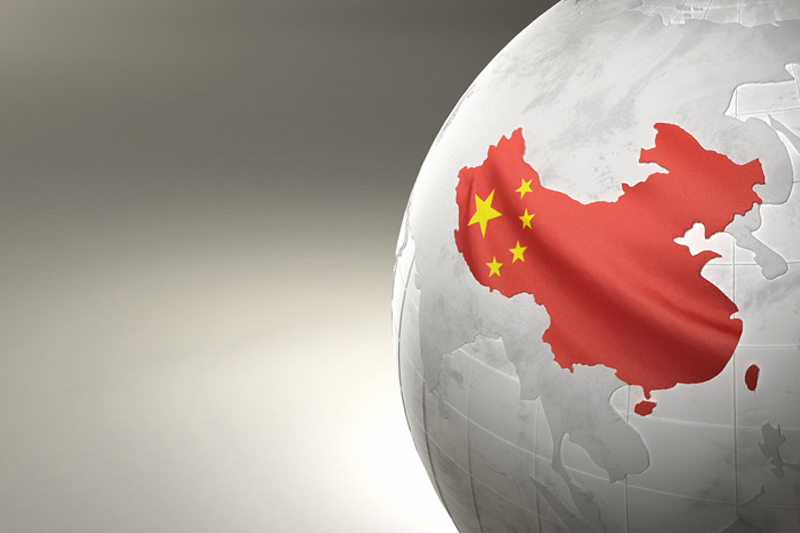By Lawrence White and Engen Tham
HONG KONG/SHANGHAI (Reuters) - Two of China's biggest banks reported sharply rising bad loans for the third quarter on Wednesday, and one added that a credit crunch squeezing small companies in the country's export-oriented eastern provinces may be spreading westwards.
Bank of Communications Co Ltd (SS:601328) (HK:3328) (BoCom) and Industrial and Commercial Bank of China (HK:1398) (SS:601398) (ICBC) reported their biggest quarterly increase in bad loan levels in two years as China's economic slowdown stretched more companies' ability to repay debts.
Earlier this year, the lenders said customers were hardest hit in the eastern regions of the country, reflecting a credit crunch in the powerhouse Yangtze and Pearl River delta regions with their large percentage of private-sector firms that have less access to funds than state-owned peers.
Now, smaller and medium-sized companies in provinces further west may suffer as the funding drought for companies without powerful state backing envelops them, BoCom said.
"In the future, the possibility that risks will gradually spread from small and micro enterprises to large and medium enterprises ... and from eastern region and coastal areas of China where risks have concentrated to central and western regions will be intensified," BoCom, China's fifth-largest listed bank, said in its filing.
That confirmed analysts' expectations of a westward expansion of the funding problems for smaller companies in China.
"In the second half of this year we're seeing a migration of asset quality problems to western China, as stress migrates along supply chains, and the East Coast / export issues become more of a domestic demand issue," said Josh Klaczek, head of Asia financial services equity research at JPMorgan.
BoCom's third-quarter net profit rose a less-than-forecast 6.3 percent to 14.7 billion yuan (1.50 billion pounds), while ICBC's net profit climbed 7.7 percent to 72.4 billion yuan, in line with analysts' expectations.
China's listed banks are expected to report an overall 15 percent year-on-year drop in revenues for the third quarter, according to Thomson Reuters StarMine SmartEstimates, making them the weakest-performing banking sector in the Asia Pacific region.
Investor wariness of the banks' prospects is reflected in their share prices. Chinese banks are trading at an average one-year forward price-to-earnings ratio of 4.3, making them the cheapest in Asia according to SmartEstimates.
The slowing economy has compounded worries, with data last week showing China's gross domestic product grew only 7.3 percent in the third quarter from a year earlier, the lowest rate since the global financial crisis.
Premier Li Keqiang has stated repeatedly that authorities would tolerate growth slightly below target as they try to reshape the economy so it is driven more by domestic consumption and less by exports and investment.
That decline in fixed asset investment could hit western provinces hard, JPMorgan's Klaczek said, since growth there in recent years has been largely driven by construction.
(Additional reporting by Shilpa Murthy in BANGALORE; Editing by Edmund Klamann)
